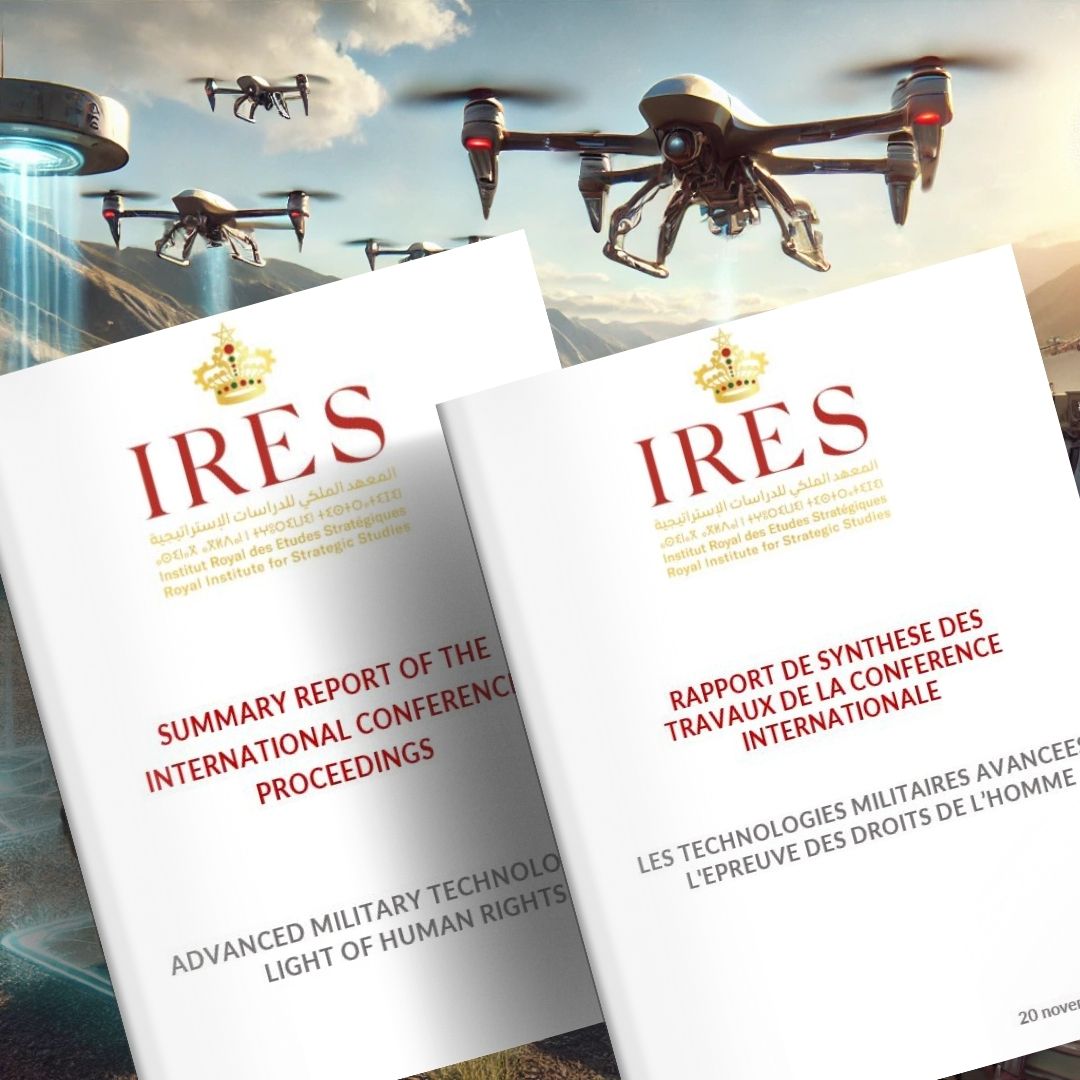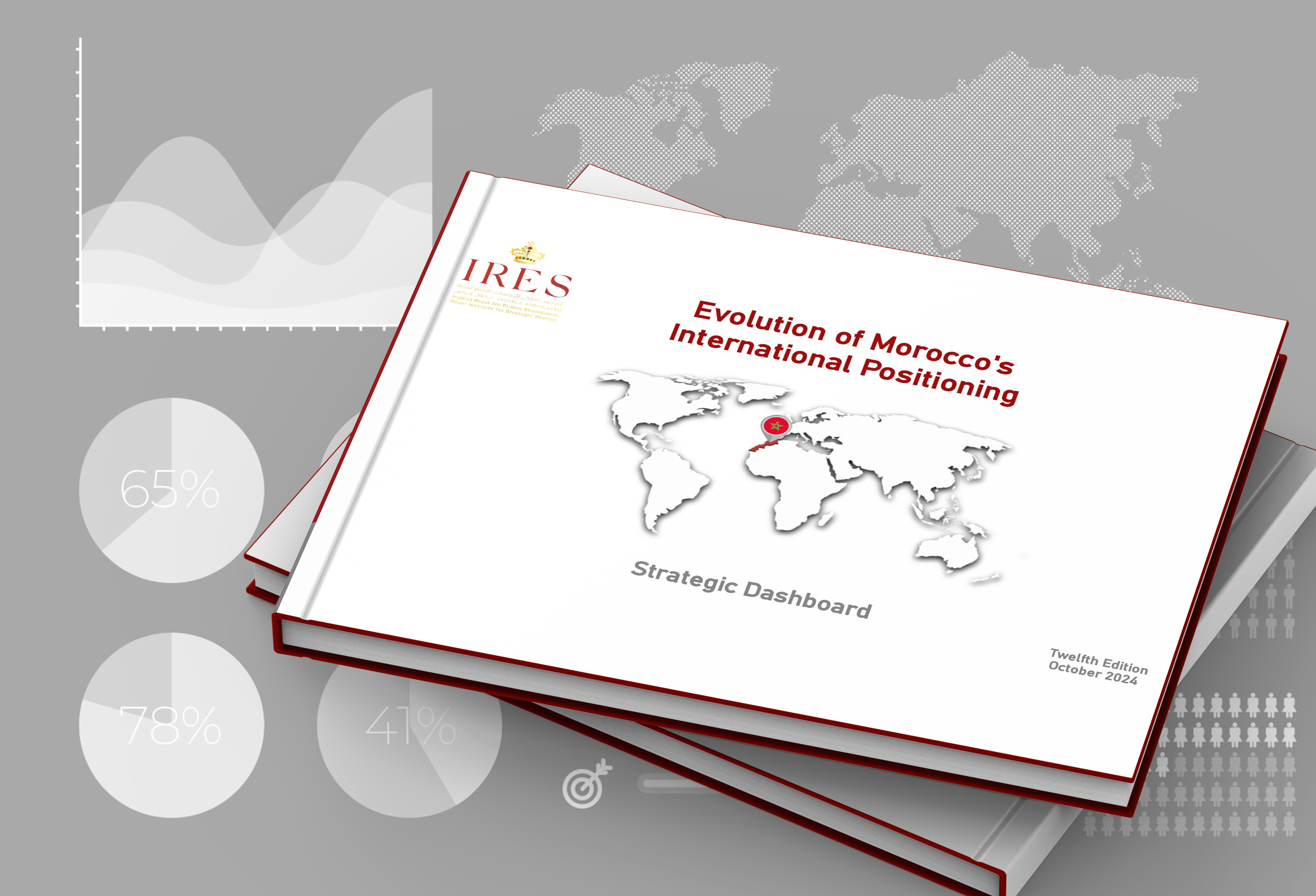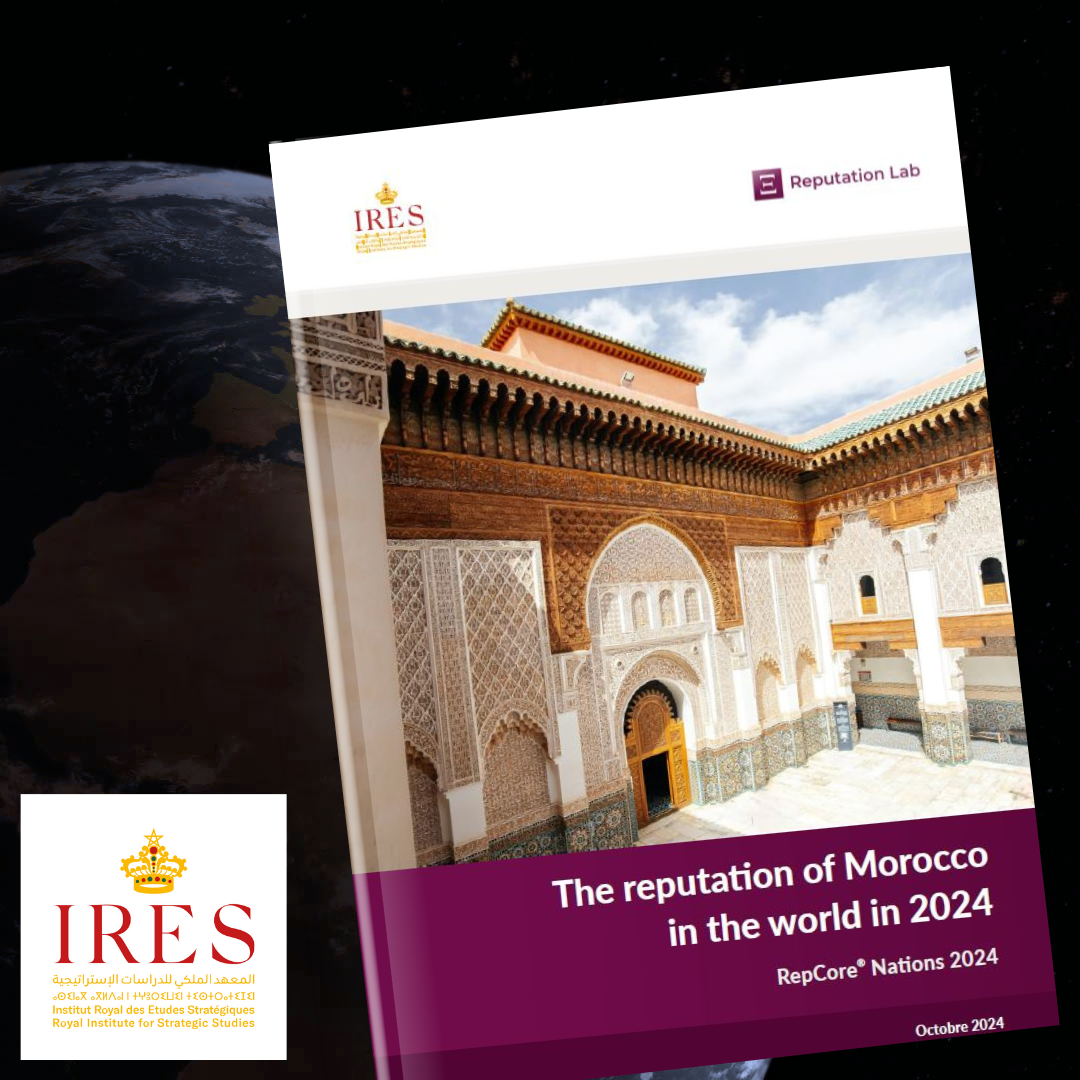
Emerging military technologies vis-à-vis human rights concerns
- Home
- Publications
- Publications
- Emerging military technologies vis-à-vis human rights concerns

Advanced military technologies have, over the years, decisively shaped the dynamics of international security. From the advent of drones to cyber warfare, including autonomous weaponry and mass surveillance, these innovations have radically transformed military paradigms.
Since the dawn of the 21st century, the line between technology and warfare has grown increasingly blurred. The weapons of tomorrow are now designed to be smarter, more autonomous, and, in some cases, entirely independent of human intervention. Among these military innovations are increasingly sophisticated systems, such as stealth aircraft, drones, ships, hypersonic missiles, directed-energy weapons, and military robots.
The rapid evolution of military technologies, particularly in the areas of robotics and the automation of lethal weapons, has triggered a new global arms race. This shift has had a profound impact on the military strategies of states, with a growing number of nations seeking to acquire and master these technologies to strengthen their sovereignty and strategic positioning-consequently, it is redefining the way conflicts and wars are conducted.
In this context, new military innovations raise significant concerns regarding ethical principles and legal imperatives governing the use of force. These concerns are particularly acute when considering the risks associated with the use of advanced technologies by non-state actors, who are not necessarily bound by the norms of international humanitarian law.
Today, the questions that arise are complex: how can we ensure that new military technologies comply with the fundamental principles of international humanitarian law, particularly the distinction between civilians and combatants and the proportionality of force? Furthermore, how can we guarantee that the protection of human rights on a global scale does not take a backseat to the technological arms race in defense policies ?
In light of the above and as part of its mission to analyze and decode complex issues, the Royal Institute for Strategic Studies (IRES) organized an international conference on November 20, 2024, entitled “Emerging Military Technologies vis-à-vis Human Rights concerns.”
Bringing together eminent Moroccan personalities, high-ranking representatives of the public sector, leading international figures, and directors of prominent think tanks, this event provided an ideal platform to reflect on the fundamental challenges posed by the convergence of emerging technologies in the fields of security and human rights. It also sought to propose avenues for the development of advanced military capabilities that respect international legal standards.




